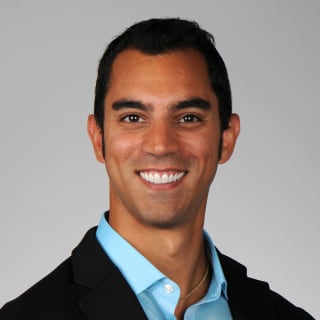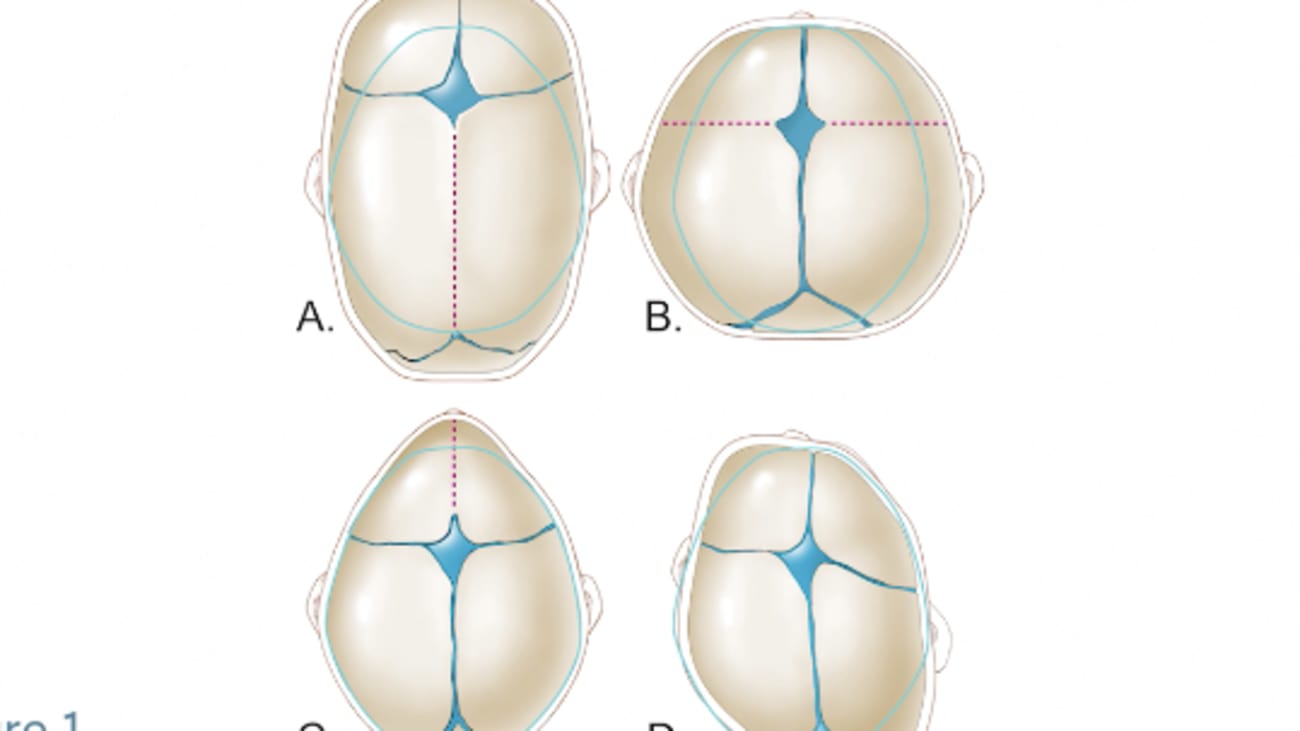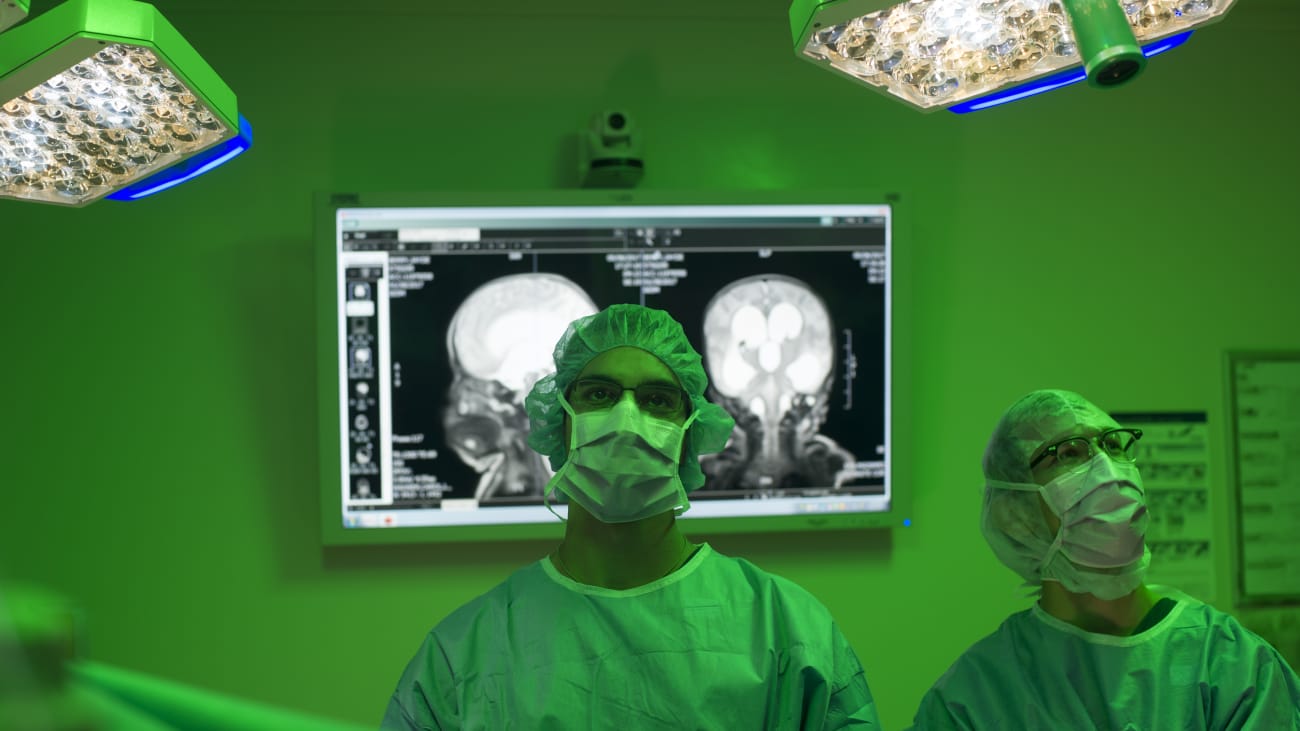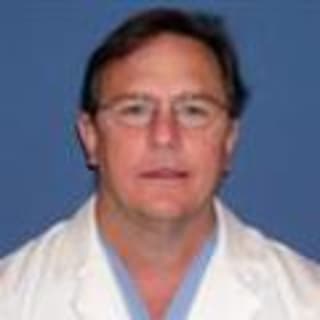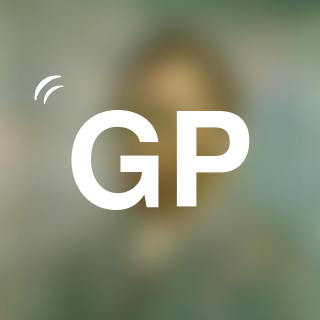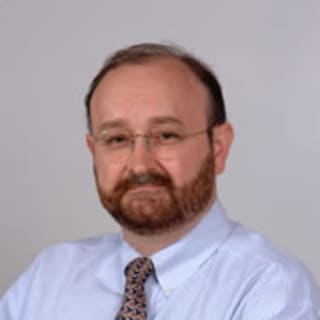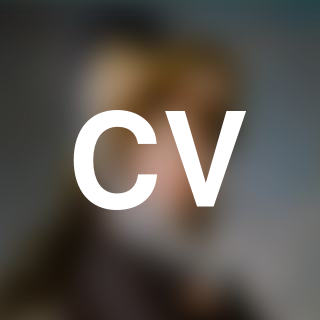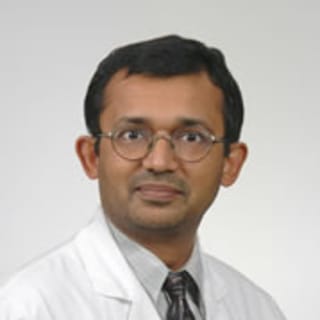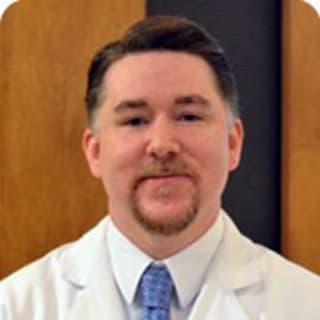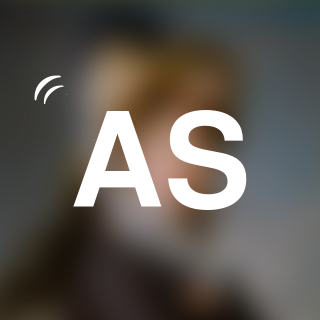Dr. Eskandari is on Doximity
As a Doximity member you'll join over two million verified healthcare professionals in a private, secure network.
- Gain access to free telehealth tools, such as our “call shielding” and one-way patient texting.
- Connect with colleagues in the same hospital or clinic.
- Read the latest clinical news, personalized to your specialty.
Office
171 Ashley Ave
Charleston, SC 29425Phone+1 843-876-0444
Summary
- Dr. Eskandari grew up in Ann Arbor, Michigan and received his bachelors in science in Biology/Neurobiology at the University of Michigan. After college Dr. Eskandari lived in Switzerland while working at a sports camp for kids. This was followed but two more years of international travel while receiving his Master’s in Medical Science. He participated in research projects in artificial vision and hydrocephalus, fueling his future research interests on this topic. His current neurosurgical interests are pediatrics hydrocephalus, epilepsy surgery, and minimally invasive treatment of pediatric neurosurgical conditions. He is the proud father of a 2 ½ year old girl and enjoys spending time with her outdoors. His outside interests include international travel, outdoor photography and cooking.
Currently, Ramin Eskandari is an Assistant Professor of Neurosurgery and the Director of Pediatric Neurosurgery at the Medical University of South Carolina. His clinical expertise focuses on the surgical management of children with disorders of the brain and spine, minimally invasive methods for treating pediatric neurosurgical disorders, and endoscopic treatment of multiple disorders. Dr. Eskandari has always had a very fervent desire to maintain basic science research alongside clinical therapeutics. He was co-principal investigator on the Hydrocephalus Association Mentored Young Investigators Grant while in residency training and has gained significant experience and knowledge with in-vivo animal models of neonatal and pediatric hydrocephalus. Currently, his laboratory has invented a novel cell culture model of elevated intracranial pressure to better assess the earliest signs of cell injury from pathologic pressure changes.
Education & Training
 University of Utah HealthChief Residency, Neurological Surgery, 2012 - 2013
University of Utah HealthChief Residency, Neurological Surgery, 2012 - 2013 University of Utah HealthResidency, Neurological Surgery, 2006 - 2013
University of Utah HealthResidency, Neurological Surgery, 2006 - 2013 Wayne State University School of MedicineClass of 2006
Wayne State University School of MedicineClass of 2006 Wayne State University - School of MedicineMS, Medical Science, 2000 - 2002
Wayne State University - School of MedicineMS, Medical Science, 2000 - 2002 University of MichiganBS, Biology/Neurobiology, Minor in Psychology and Philosophy, 1995 - 1999
University of MichiganBS, Biology/Neurobiology, Minor in Psychology and Philosophy, 1995 - 1999
Certifications & Licensure
 CA State Medical License 2013 - Present
CA State Medical License 2013 - Present SC State Medical License 2014 - 2025
SC State Medical License 2014 - 2025 VA State Medical License 2020 - 2022
VA State Medical License 2020 - 2022 FL State Medical License 2019 - 2021
FL State Medical License 2019 - 2021 UT State Medical License 2008 - 2014
UT State Medical License 2008 - 2014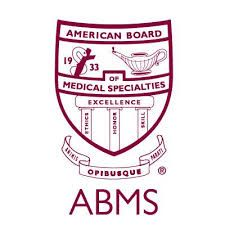 American Board of Neurological Surgery Neurological Surgery
American Board of Neurological Surgery Neurological Surgery
Awards, Honors, & Recognition
- Early Career Reviewer Center for Scientific Review, National Institutes of Health
- Faculty Award for Excellence in Neurosurgical Resident Education Medical University of South Carolina, Neurological Surgery, 2017
- Top Basic Science Poster AANS/CNS Joint Pediatrics Section, 2016
- Join now to see all
Publications & Presentations
PubMed
- Concurrent myelomeningocele and sagittal craniosynostosis: illustrative case.Kyle P Stegmann, Noah L A Nawabi, Rishishankar Suresh, Brian F Saway, Mark A Miller
Journal of Neurosurgery. Case Lessons. 2025-01-06 - 1 citationsThe role of occipital condyle and atlas anomalies on occipital cervical fusion outcomes in Chiari malformation type I with syringomyelia: a study from the Park-Reeves ...Alexander T Yahanda, Joyce Koueik, Laurie L Ackerman, P David Adelson, Gregory W Albert
Journal of Neurosurgery. Pediatrics. 2024-07-01 - Utility of intracranial pressure monitoring as a diagnostic tool in pediatric ventriculomegaly.Mason M Richardson, Thomas Larrew, Steven Lin, Mohammed Alshareef, Joseph T Vasas
Clinical Neurology and Neurosurgery. 2024-05-01
Other
- A Shuntless Technique for Treating HydrocephalusRamin M. Eskandari, MD, MUSC Health
http://musc.bcst.md/videos/a-shuntless-technique-for-treating-hydrocephalus
MUSC Health - 7/20/2017 - A Case of Non-Syndromic CraniosynostosisRamin M. Eskandari, MD, MUSC Health
http://musc.bcst.md/videos/a-case-of-non-syndromic-craniosynostosis
MUSC Health - 2/3/2017
Press Mentions
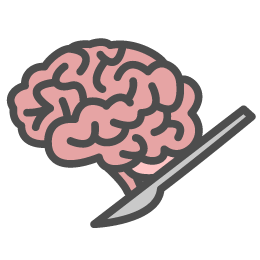 Using CR2Crry to Reduce the Negative Effects of Brain Hemorrhaging in Premature InfantsApril 21st, 2022
Using CR2Crry to Reduce the Negative Effects of Brain Hemorrhaging in Premature InfantsApril 21st, 2022 ‘Beyond Emergency Surgery’ – Lifesaving Neurosurgery Couldn’t Have Happened Without Communication, TeamworkFebruary 3rd, 2022
‘Beyond Emergency Surgery’ – Lifesaving Neurosurgery Couldn’t Have Happened Without Communication, TeamworkFebruary 3rd, 2022 Futuristic Technology Maps Brain and Transforms Operating RoomSeptember 29th, 2020
Futuristic Technology Maps Brain and Transforms Operating RoomSeptember 29th, 2020- Join now to see all
Professional Memberships
- Member
- International Society of Pediatric NeurosurgeonsMember
- Hydrocephalus AssociationMedical Advisory Board
Other Languages
- Farsi, German, Portuguese
External Links
- Academic Departmenthttp://academicdepartments.musc.edu/facultydirectory/Eskandari-Ramin
- Introduction Videohttps://www.youtube.com/watch?v=1VyyTECpgoc
- 3D Printing in Surgical Treatmenthttp://www.postandcourier.com/features/the-ultimate-simulation-lab-neurosurgeon-paves-path-for-musc-to/article_cf87d6f8-97f8-11e7-863d-a7945d310e07.html
Viewing the full profile is available to verified healthcare professionals only.
Find your profile and take control of your online presence:
